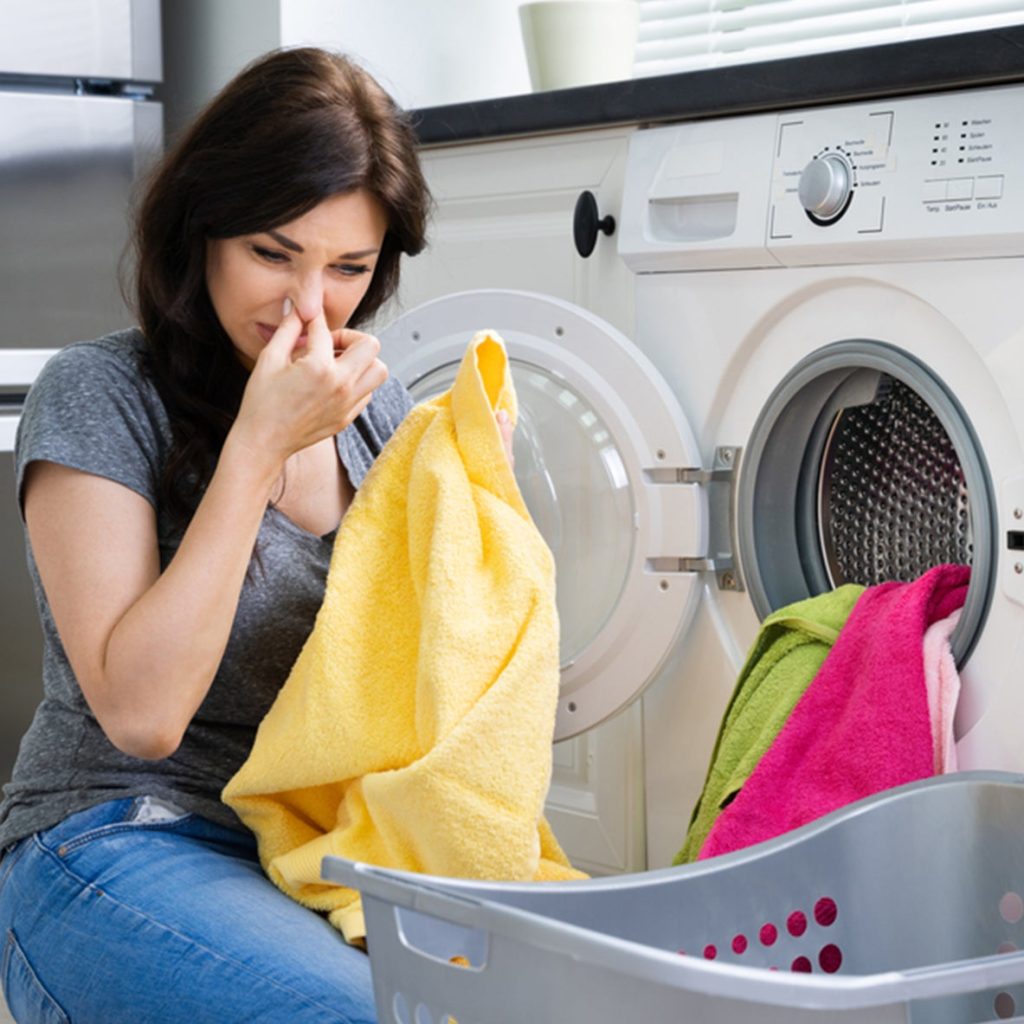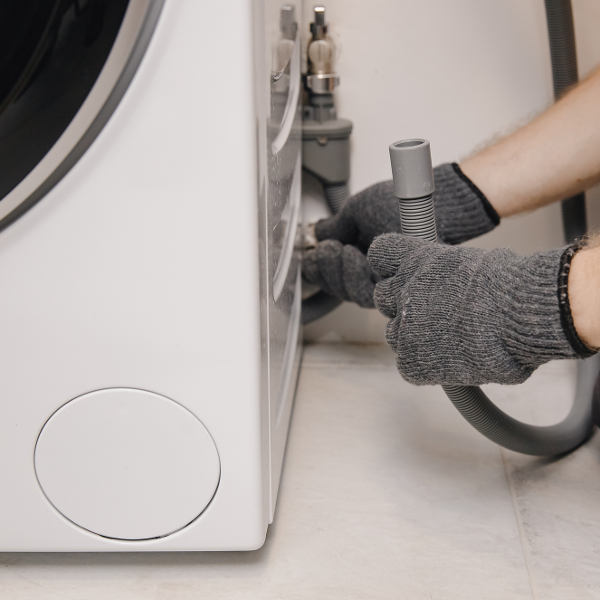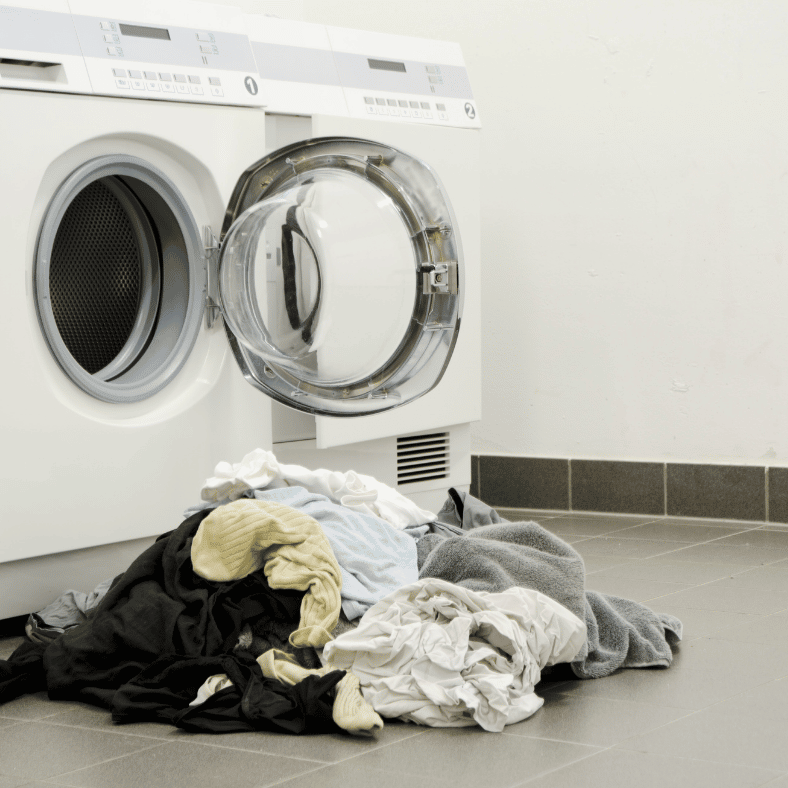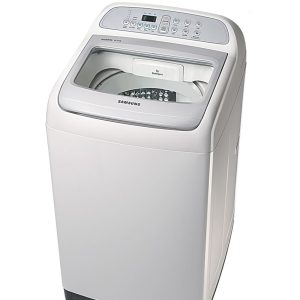Understanding Why Your Washing Machine Smells Like Burning
Introduction:
If you’ve ever noticed a burning smell coming from your washing machine, you might be feeling a mix of confusion and concern. A washing machine that smells like burning is a sign that something may not be working as it should. This odor can indicate various underlying issues ranging from electrical problems to mechanical failures. To help you navigate this troubling situation, we will explore the reasons behind the burning smell, how to troubleshoot the problem, and essential tips for maintenance and prevention.
Common Causes of Burning Smells in Washing Machines
1. Overheating Motors
One of the primary reasons your washing machine smells like burning is overheating motors. Washing machines use electric motors to agitate laundry, spin, and drain water. If the motor is overworked or overloaded, it can overheat and emit a burning smell. This is often caused by:
- Excessive Loads: Overloading your washing machine can strain the motor, preventing it from operating correctly. Always follow the manufacturer’s guidelines for load capacity.
- Blocked Vents: Inefficient airflow can cause motors to heat up more than usual. Check and clear any obstructions in the vents.
- Worn-Out Components: Over time, the parts that make up the motor may wear out, leading to overheating. Regular maintenance can help identify such issues before they escalate.
2. Frayed Wiring
Frayed or damaged wiring can also be a significant issue when a washing machine smells like burning. As wires age, their insulation can deteriorate, leading to exposed wires that can short circuit. This can create a burning smell. Common signs that your wiring may be an issue include:
- Visible Damage: Check for any exposed wires or burnt insulation in and around the machine.
- Fuse Tripping: If your circuit breaker trips frequently, it may signal a wiring problem.
- Smoke or Sparks: If you notice any smoke or sparking, immediately disconnect the machine from power and contact a technician.
3. Failing Bearings
Bearings help the drum of your washing machine spin smoothly. If they fail, it can produce a grinding noise and lead to overheating. This, in turn, may emit a burning smell. Signs of failing bearings include:
- Strange Noises: If you hear grinding or rumbling sounds, it could indicate worn-out bearings.
- Unusual Drum Movement: The drum may not spin correctly, causing more strain on the motor.
- Leaking Oil: In some cases, oil may leak from the bearings, creating a burning smell when it comes into contact with the heat from the motor.
4. Worn Drive Belts
Another cause of burning smells in washing machines is a worn or damaged drive belt. The drive belt connects the motor to the drum, allowing it to rotate. If it wears out or breaks, it can produce friction that leads to a burning smell. Signs to watch for include:
- Drum Not Spinning: If the drum isn’t rotating as it should, the drive belt may be the culprit.
- Visible Wear: Inspect the belt for any signs of wear, cracking, or fraying.
- Squeaking Noises: A squeaky sound can indicate that the belt is rubbing against other components, increasing friction and heat.
5. Foreign Objects
Sometimes, foreign objects can get caught in your washing machine, leading to overheating and a burning smell. Small items like coins, bra underwires, or even pieces of clothing can get trapped and rub against moving parts, creating friction. Here’s how to deal with it:
- Check the Drum: Always check the drum for any foreign objects before starting a load.
- Clean the Filter: Many washing machines have a lint filter that can become clogged with debris. Regular cleaning can prevent objects from causing damage.
- Inspect the Drain: Ensure that the drain hose is free from blockages, as these can lead to water buildup and other issues.
6. Faulty Timer or Control Board
The timer or control board is responsible for regulating cycles in your washing machine. If these components malfunction, they can cause the machine to behave erratically, potentially leading to overheating and a burning smell. Signs of a faulty timer include:
- Cycles Not Advancing: If the cycles do not complete as expected, it may be a sign of control board failure.
- Unresponsive Controls: Touchscreens or knobs that don’t respond can indicate an electrical problem.
- Burnt Smell Near Control Panel: If you detect a burning smell around the control panel, it could be due to a faulty component.
Troubleshooting Your Washing Machine
If your washing machine smells like burning, it’s essential to troubleshoot the problem before attempting any repairs. Here are some helpful steps:
Assess the Situation
- Unplug the Machine: Safety is paramount. Disconnect the washing machine from the power source immediately to prevent any potential hazards.
- Inspect for Smoke or Sparks: Check for signs of smoke, sparking, or visible damage. If you see any, contact a professional ASAP.
- Listen for Unusual Noises: As you start troubleshooting, listen carefully for any unusual sounds that could point to the source of the problem.
Conduct Visual Inspections
- Examine the Wiring: Look for frayed wires or burnt connectors. If you find any, replacement may be necessary.
- Check the Motor and Belt: Inspect the motor and drive belt for signs of wear or damage. A quick visual check can often reveal much.
- Inspect the Drum: Check for any foreign objects lodged in the drum or the filter.
Clean and Maintain
- Clear the Lint Filter: Regularly clean out your washing machine’s lint filter. This is often overlooked but essential for proper function.
- Wipe Down Seals and Gaskets: Mold and mildew can create odors that might blend with a burning smell.
- Run Maintenance Cycles: Many modern machines have self-clean cycles. Utilize these to keep the drum and internal parts clean.
When to Call a Professional
While some issues may be easy to identify and resolve, others may require professional expertise. Here are some indicators that you should call in a technician:
- Persistent Burning Smell: If the smell continues after troubleshooting, do not ignore it.
- Electrical Issues: If you detect electrical problems, such as sparking or tripped circuit breakers, get a professional to inspect the machine.
- Complex Repairs: If the issue requires replacing internal components or is beyond your comfort level, it’s best to seek help.
 Maintenance Tips to Prevent Burning Smells
Maintenance Tips to Prevent Burning Smells
If you want to avoid the headache of a washing machine that smells like burning in the future, consistent maintenance is key. Here are some essential tips:
Regular Cleaning
- Clean the Interior: Wipe down the inside of the drum regularly to prevent buildup.
- Check and Clean Filters: Regularly wash out the lint and water filters to maintain proper functioning.
Monitor Usage Habits
- Avoid Overloading: Stick to recommended load capacities to keep your motor functioning correctly.
- Use Appropriate Detergents: Always select the right type of detergent for your machine to avoid excess suds that can lead to malfunctions.
Inspect Components
- Check the Hoses: Monitor the hoses for any wear and replace them if necessary.
- Examine the Drive Belt: Regular checks can help catch any issues before they cause a burning smell.
Conclusion: Addressing a Smell Before It’s Too Late
Seeing your washing machine smell like burning can be alarming, but swift action can often avert serious issues. Understanding the common causes—from overheating motors to faulty wiring—will prepare you to take appropriate action. Regular maintenance and assessments can also combat potential problems before they escalate.
If the burning smell persists or if you encounter any complexities, don’t hesitate to seek the assistance of a qualified technician. After all, taking care of your washing machine ensures its longevity, efficiency, and the safety of your home. By taking these steps, you can enjoy hassle-free laundry days and avoid the unsettling experience of a burning smell.



